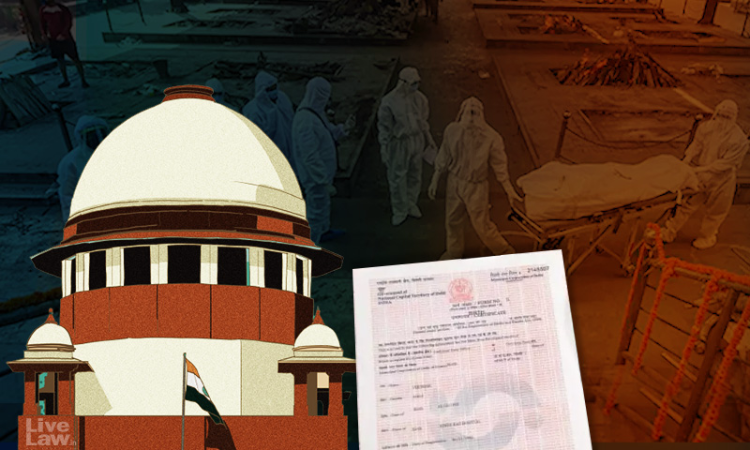How Supreme Court's Interventions Led To Increase In Claims For COVID-19 Death Compensation?
Sohini Chowdhury
24 Jan 2022 10:32 AM IST

One can witness the Court's active role in monitoring the COVID compensation disbursement process giving positive results to provide succour to the victims of the pandemic.
Next Story


